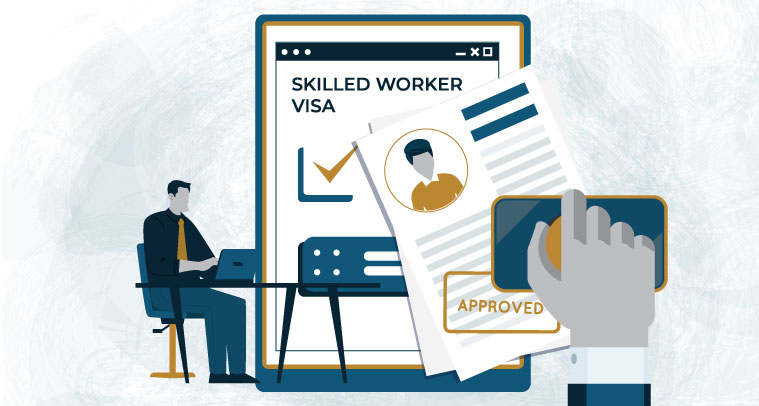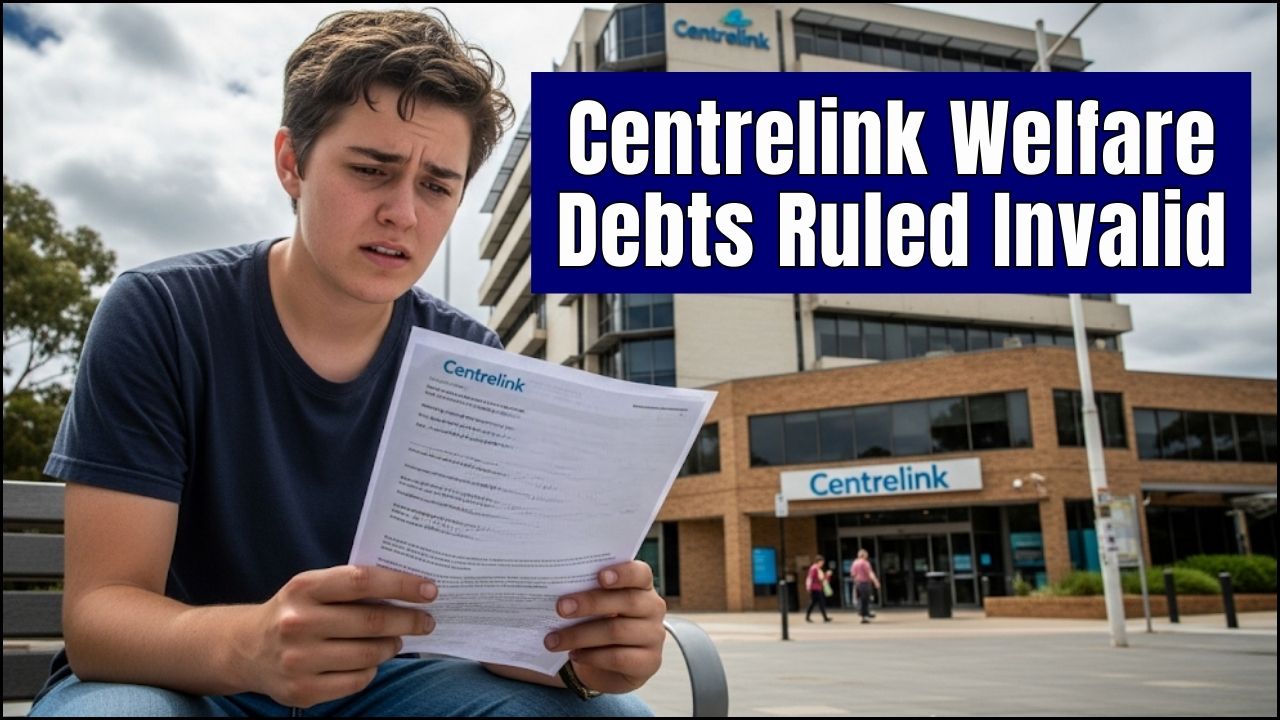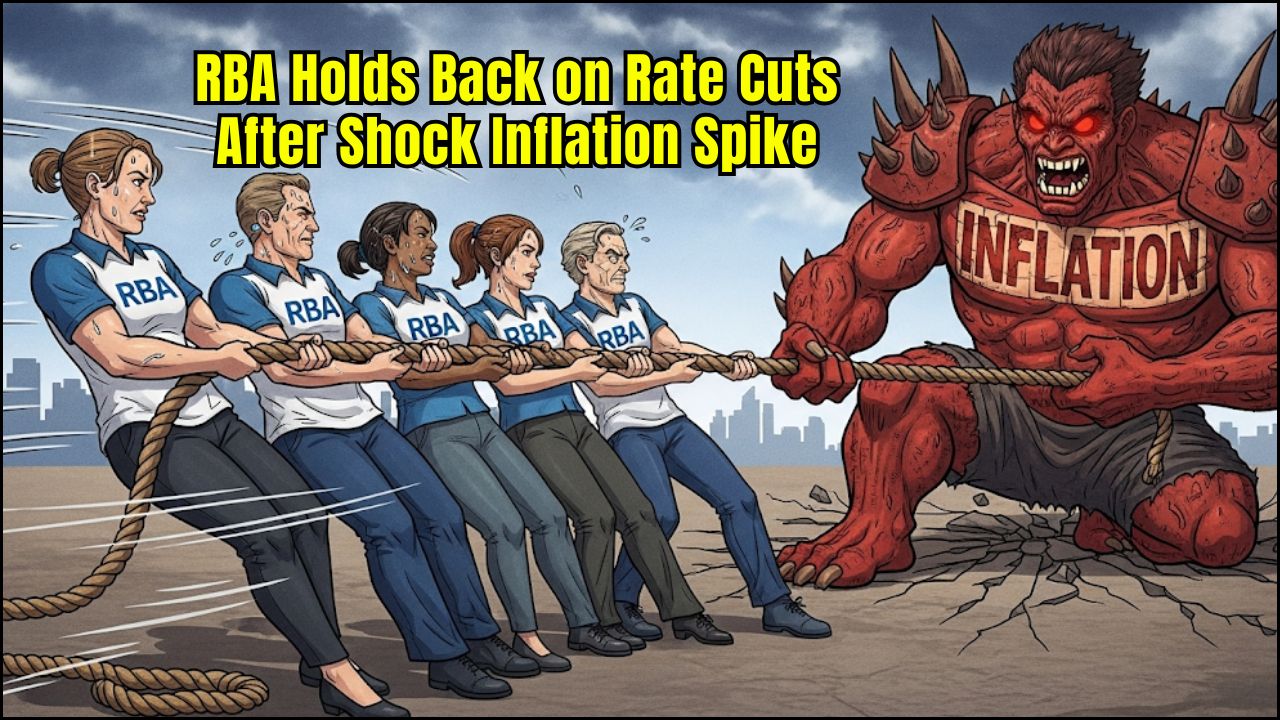In recent years, the UK has been tweaking its immigration laws, adjusting the rules that govern who can live, work, and settle in the country. As of July 2025, the UK government has rolled out significant changes that are set to reshape the immigration landscape. If you’re someone who’s considering moving to the UK for work or study, or you’re already in the process, it’s crucial to know what’s changed, why it matters, and how these changes will affect you.

These shifts don’t just impact people seeking to move to the UK; they have wide-reaching consequences for employers, educational institutions, and sectors that rely heavily on immigrant labor. In this article, we’ll break down the major visa and settlement changes, explain them in simple terms, and offer advice on what you need to do to stay ahead of the curve.
UK Immigration Shakeup
| Topic | Key Changes |
|---|---|
| Skilled Worker Visa | Skill level raised to degree level, salary thresholds increased |
| Graduate Visa | Reduced from 2-3 years to 18 months |
| English Language Requirement | B2 standard now required for workers and their dependents |
| Indefinite Leave to Remain | Qualifying period extended to 10 years for most migrants |
| Immigration Skills Charge | Increased by 32%, affecting employers |
The new UK immigration rules bring about significant changes to the visa and settlement landscape. Whether you’re looking to work, study, or settle in the UK, understanding these updates is essential for making informed decisions about your future.
By staying on top of these changes and preparing in advance, you can navigate the process smoothly and ensure you meet the new requirements. Whether you’re a skilled worker, a recent graduate, or an employer looking to sponsor talent, these reforms will have a lasting impact.
1. The Skilled Worker Visa Overhaul
The UK’s Skilled Worker Visa has been a popular route for talented workers from around the globe who want to live and work in the UK. Under the new rules, this visa category will see a shift in the skills and salary requirements.

What’s Changing?
- Skill Level Raised: The skill level required for jobs under this visa has been raised from A-level (RQF Level 3) to degree-level (RQF Level 6). This means that to be eligible for the Skilled Worker Visa, you’ll now need to have a higher qualification than before. Think of it like this: jobs that once only required a high school diploma will now need a degree.
- Salary Thresholds: The salary requirements have also been bumped up. Previously, you had to earn at least £26,200 a year. But with the new regulations, that’s gone up to £31,000 a year. Some specific roles may see a higher threshold, particularly for those in healthcare or engineering, where wages are typically higher.
- Occupation List: About 100 medium-skilled roles have been removed from the eligible list. This includes positions in industries like hospitality and retail. So, if you were hoping to land a job in one of those sectors, you may find it harder to get your visa approved.
Real-Life Example:
Take the example of Maria, a hospitality manager who’s been working in the UK under the Skilled Worker Visa. Previously, Maria would have been eligible for a visa, but under the new rules, her role might be removed from the eligible occupation list, meaning she may need to switch industries or find a more skilled position.
What Should You Do?
Make sure your qualifications and salary align with these new rules. If you’re working in a field that’s no longer eligible, you may need to switch to a different visa or reconsider your application.
2. Graduate Visa: What’s the Big Deal?
If you’re a recent graduate planning to stay in the UK and look for work, the Graduate Visa is your ticket. But, as part of the new rules, the duration of the visa has been shortened.

What’s Changing?
- Duration: Previously, the Graduate Visa allowed international students to stay in the UK for up to two years (or three years for PhD graduates). Under the new rules, this has been cut to just 18 months.
- Post-Study Work: This change limits how long graduates can stay in the UK without switching to a more permanent visa. If you’re hoping to extend your stay beyond the 18 months, you’ll need to find a qualifying job and switch to a Skilled Worker Visa or other routes that require employer sponsorship.
Expert Insight:
David Collins, an immigration lawyer with years of experience, explains, “The reduction in Graduate Visa duration puts pressure on students to secure jobs quickly or risk leaving the UK. It’s crucial to be proactive and seek employment early in your studies.”
What Should You Do?
If you’re planning to stay in the UK after your studies, don’t wait too long to start job hunting. You’ll need to secure a role and meet the new visa requirements within 18 months.
3. English Language Requirement: B2 is the New Standard
One of the big changes that will impact most applicants is the increase in the English language requirement.
What’s Changing?
- B2 Level: For the Skilled Worker Visa, the English language requirement is now raised from CEFR Level B1 to B2. This means you’ll need a higher level of English proficiency to qualify for the visa.
- Dependents: It’s not just the primary visa holder that’s affected. From now on, all dependents (spouse, children, etc.) will also need to prove they meet the B2 standard of English.
What Should You Do?
If English isn’t your first language, make sure you’re prepared to take a language test that shows you meet the B2 standard. Brush up on your skills before applying, and be ready to prove your proficiency if you’re applying as a dependent.
4. Indefinite Leave to Remain (ILR): A Longer Wait
Indefinite Leave to Remain (ILR) is a path to permanent residency in the UK. But now, under the new rules, the qualifying period for most people has been extended.
What’s Changing?
- Qualifying Period Extended: In the past, most applicants could apply for ILR after living in the UK for just 5 years. Under the new rules, this has been increased to 10 years for most migrants under the Points-Based System.
- Contributions-Based Model: The government has proposed a new “contributions-based” model for some applicants, which could allow you to apply for ILR sooner if you have made significant contributions to the UK economy or society (like working in key sectors).
What Should You Do?
If you were planning on applying for ILR soon, you might need to re-evaluate your timeline. However, if you work in certain sectors (like healthcare or tech), you might still be eligible for an earlier settlement path.
5. Immigration Skills Charge Increase
The UK government also announced an increase in the Immigration Skills Charge, which will directly affect employers sponsoring international workers.
What’s Changing?
- Fee Increase: The Immigration Skills Charge will rise by 32% for medium and large sponsors. This means employers will now have to pay up to £1,320 per year for each employee they sponsor. For small or charitable organizations, the fee will be £480 per year.
What Should Employers Do?
Employers need to factor in the increased cost when hiring international talent. You may also want to check if your business is classified as a small or medium sponsor, as that will affect the fee you’re required to pay.
FAQs
1. Will the new visa rules impact my chances of getting a Skilled Worker Visa?
Yes, if you are applying for a Skilled Worker Visa, the new skill and salary thresholds may make it more difficult to qualify. Make sure your qualifications and salary align with the new requirements.
2. How can I prove my English proficiency for the new B2 level?
You will need to take an English language test that meets the CEFR B2 standard. There are several approved tests available, such as IELTS, Trinity College London, and others. Make sure to check the official UK government website for a list of approved tests.
3. How long do I have to stay in the UK before I can apply for ILR?
Under the new rules, most applicants will need to stay in the UK for 10 years before applying for Indefinite Leave to Remain. However, you may be eligible for a shorter period depending on your contributions to the UK.












